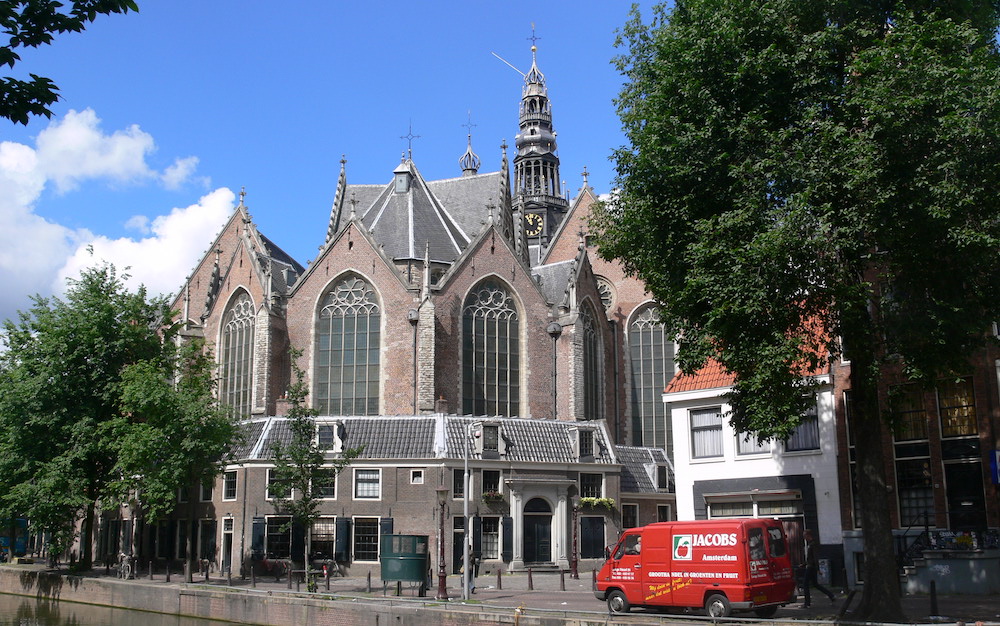Once upon a time, the state shared the public square with the church. The central location of the church building in every European town is mute testimony to this state of affairs. But those days are long gone. Nowadays there is an implicit or explicit consensus regarding the proper place of the church: out of sight and out of mind.
Login to read more
Sign in or create a free account to access Subscriber-only content.
